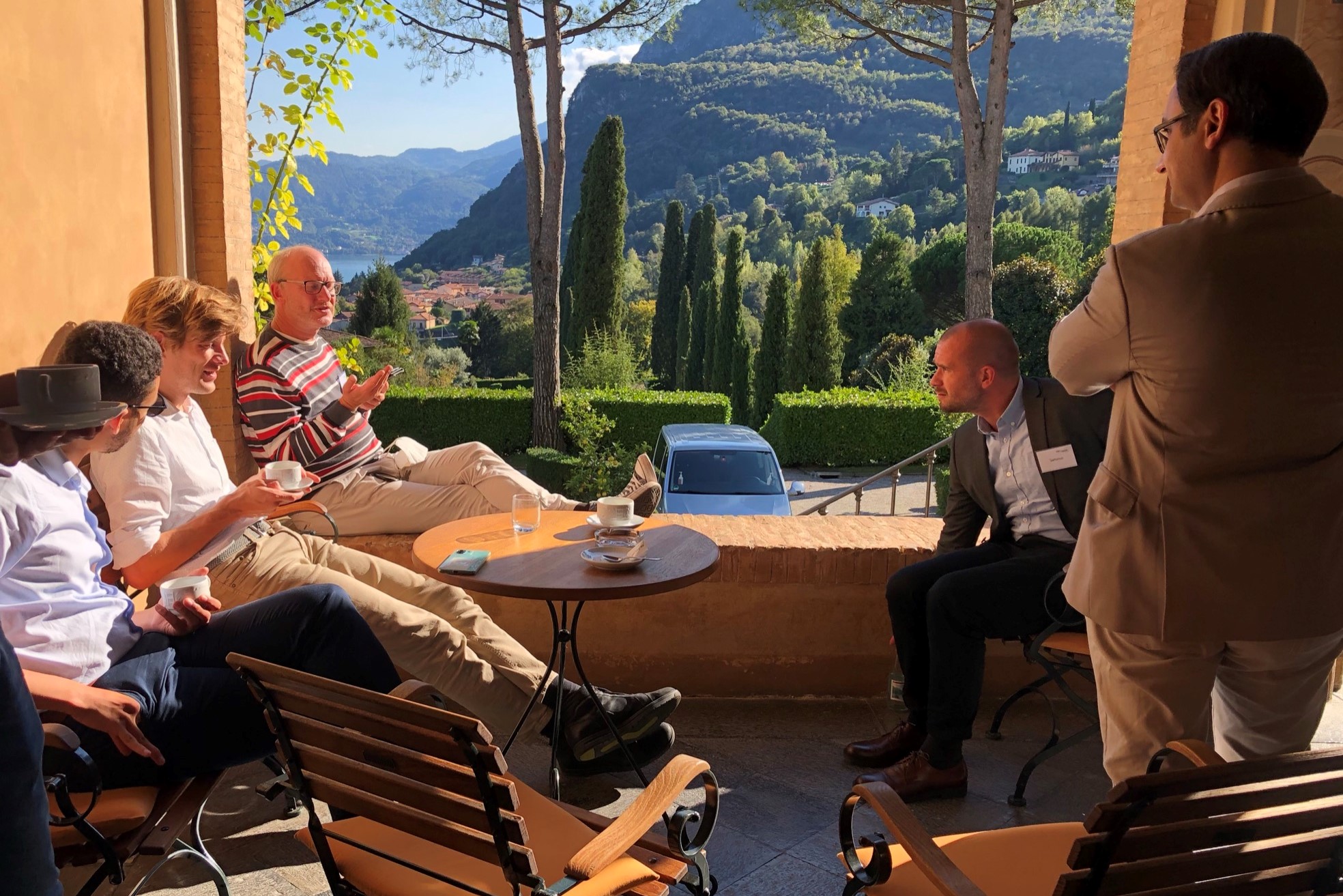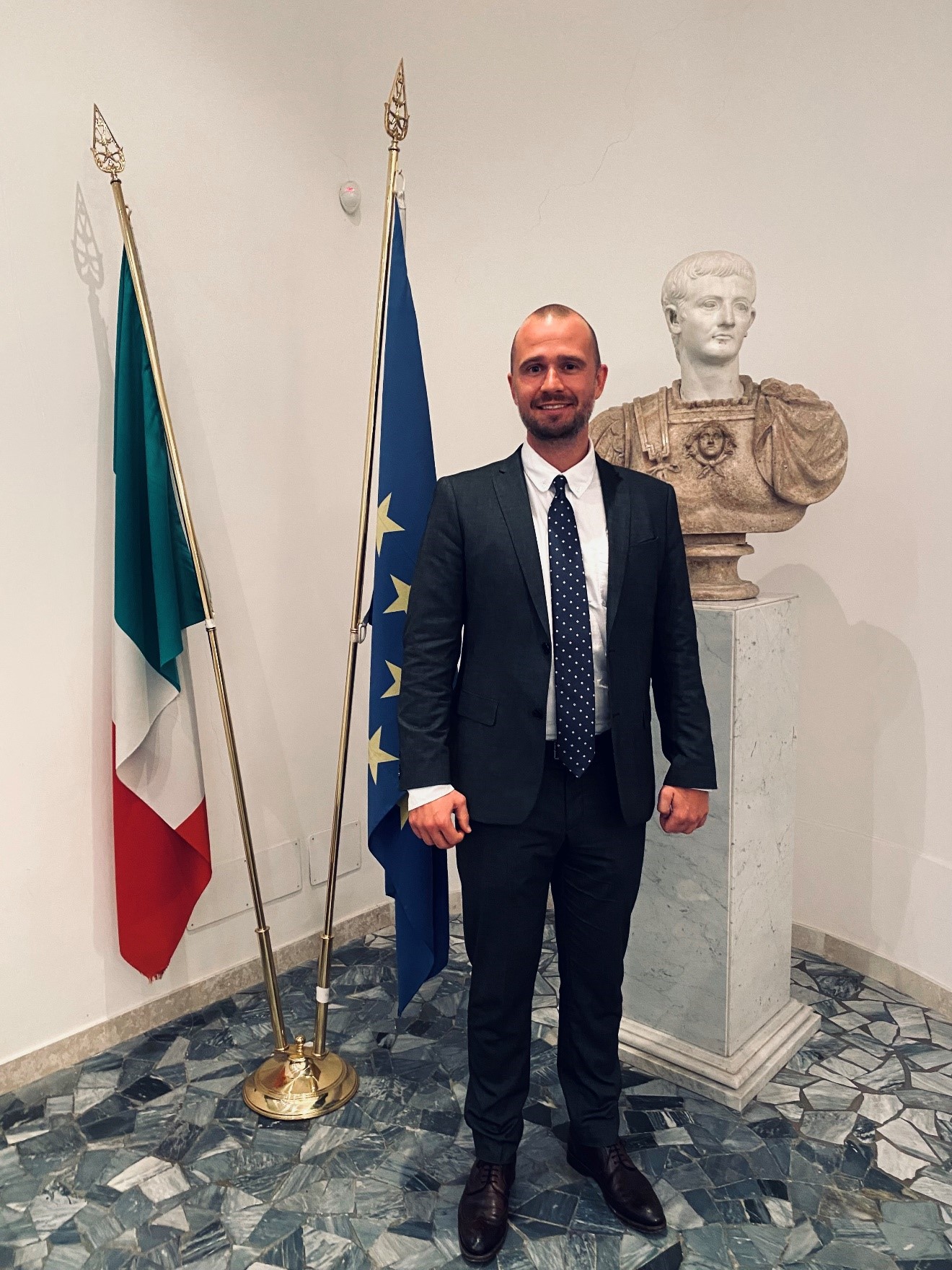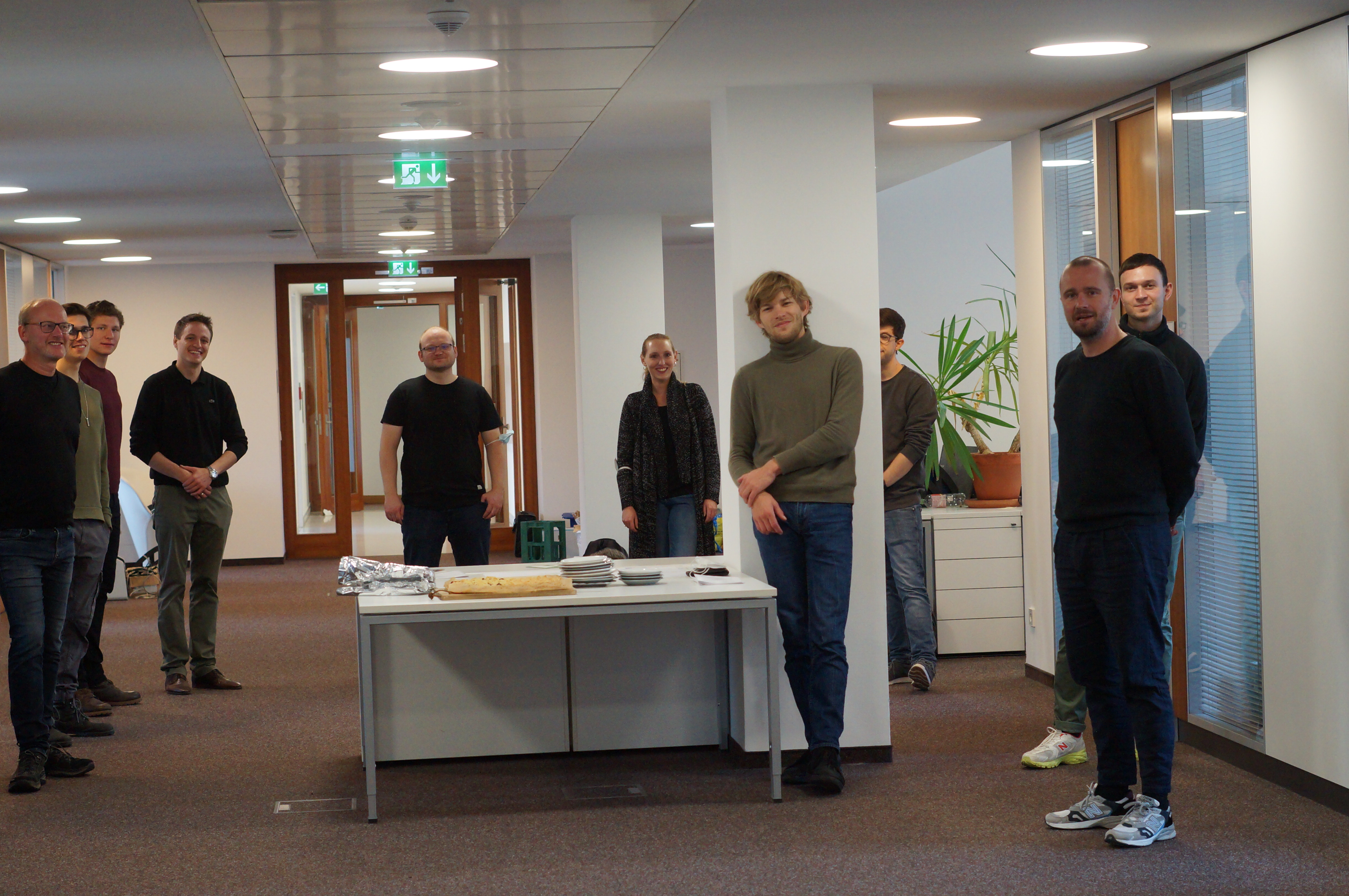Handbook of Methods in Political Science now available as print version!
The Handbook of Methods in Political Science is now available as a print version published by Springer VS! Link: https://link.springer.com/referencework/10.1007%2F978-3-658-16937-4
Five years ago, the editors Claudius Wagemann, Markus B. Siewert (Technical University of Munich) and Achim Goerres (University of Duisburg-Essen) had the idea to fill a gap in the market of German publications on political science: A handbook on the wide range of methods used in empirical political science research was needed. The result is a 914-page volume in which a total of 52 scholars have written 39 chapters on various methods used in the discipline. The fact that the handbook already has attracted a great deal of interest in German-speaking political science is shown by 22 000 downloads since the first online publication in 2018. The authors are convinced of the added value of the now published printed edition of the handbook. The Handbook of Methods in Political Science is equally suitable for research and teaching and thus makes a general contribution to the professionalization of the discipline in the German-speaking area.













